ICYMI: Trade War Impact on North Dakota
“The Administration’s trade war is a self-inflicted wound against three of North Dakota’s largest industries – energy, agriculture, and manufacturing…”
(BISMARCK, ND) – Three of North Dakota’s most important industries stand to lose a great deal in the president’s escalating trade war. According to a recent Bismarck Tribune editorial and Grand Forks Herald article, farmers, manufacturers and the energy industry all stand to lose from the administration’s misguided attempt to get tough on trade. Meanwhile, Congressman Kevin Cramer is leaving them out to dry – and should he continue to endorse the president’s reckless policies, North Dakota’s economy could face some serious consequences.
While farmers back home lament being used as a “bargaining chip” and North Dakota manufacturers say “it’s been pretty difficult lately,” Cramer has been hard at work looking out for himself in Washington. Desperate to align himself with the president no matter how it affects North Dakotans, Cramer has repeatedly dismissed concerns over the impact of a trade was as “hysteria.”
Cramer’s inability to stand up for North Dakota demonstrates a clear truth: If he thinks it will help him climb the ladder in D.C., he’s happy to leave North Dakota’s hardworking men and women by the wayside. Highlights from both articles below:
Bismarck Tribune: North Dakota to lose a lot in trade war
-
President Donald Trump’s insistence on creating balance with the nation’s trading partners could come back and bite North Dakota hard.
-
North Dakota’s economy relies on the export of its agricultural products and the import of many other items. With other countries slapping retaliatory tariffs on the U.S. it could hurt the state’s rebounding economy.
-
Companies operating in North Dakota that will feel the tariffs include Bobcat, a heavy equipment manufacturer employing 3,000 workers in four state cities. The tariffs mean higher steel prices for Bobcat and smaller companies that deal with steel siding and roofing. There’s speculation that higher prices prompted by the tariffs could result in some layoffs by North Dakota businesses.
-
Two-thirds of North Dakota’s soybeans are shipped to China. If the trade conflict intensifies it’s going to be difficult for growers who rely so much on one market.
-
On Thursday, Heitkamp warned the trade war could harm the state’s energy industry. China’s retaliatory tariffs include oil and the Chinese could seek alternative sources of oil.
-
Trump needs to put down his stick and find a better way to resolve trade issues without getting into full-fledged war. If not, North Dakota will suffer.
Grand Forks Herald: North Dakota manufacturers left to weather the uncertainty of trade war
-
Steel and aluminum prices are rising in the region, and that means higher prices for farming equipment, recreational vehicles, motorhomes and more.
-
With tariffs in place on steel and aluminum from U.S. allies since early June and threats of retaliatory tariffs from Canada in July, the North Dakota Trade Office said it already has noticed a 15 to 20 percent increase on base prices for steel and aluminum.
-
The best solution, he said, would be slowing things down and having a candid discussion on real ways the United States can improve trade. Wilson said the country needs to “get the right people from different countries to sit around and hammer out some solutions.”
-
“We’re all about fair trade,” Wilson said of the NDTO, “and fair trade isn’t all these tariffs. It’s letting North Dakota businesses compete on a level playing field.”

